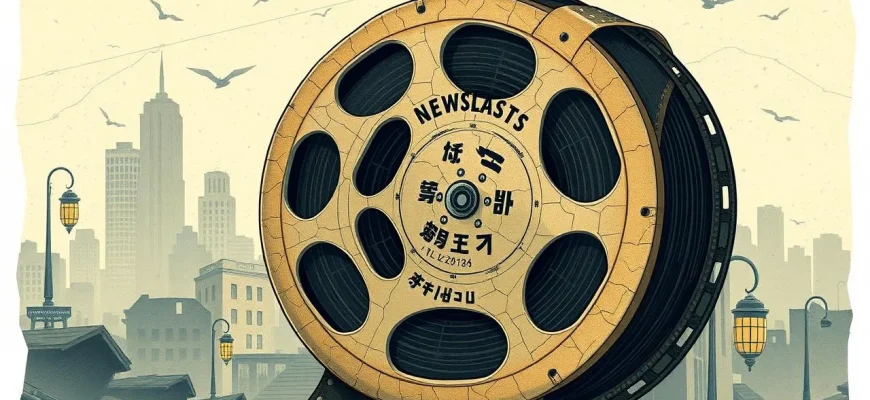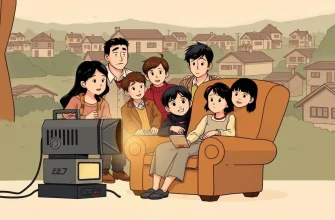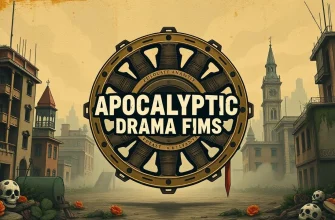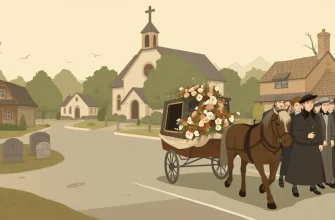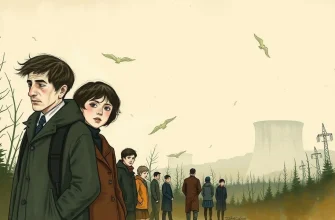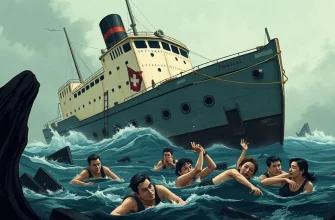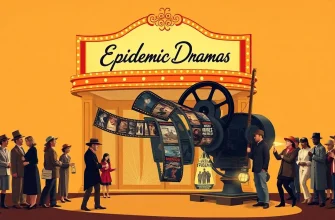There's something undeniably compelling about the end of the world, isn't there? Perhaps it's the raw human emotion, the struggle for survival, or the profound questions about existence that these films raise. Here's a curated list of 10 apocalyptic dramas that not only entertain but also delve deep into the psyche of humanity when faced with its ultimate demise. Each film offers a unique perspective on the apocalypse, making this collection a must-watch for anyone intrigued by the dramatic portrayal of the world's end.
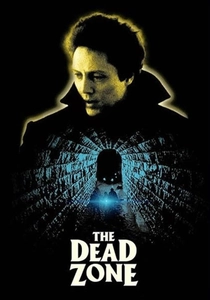
The Dead Zone (1983)
Description: While not strictly an apocalyptic film, it features a man with psychic abilities who sees a future where a politician leads the world into nuclear war. It's a chilling exploration of fate and the power to change the future.
Fact: Stephen King, the author of the novel, was so impressed with the film that he considered it one of the best adaptations of his work.
 Watch Now
Watch Now
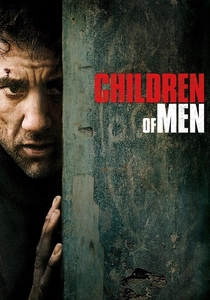
Children of Men (2006)
Description: In a world where humans can no longer reproduce, a former activist must help transport a miraculously pregnant woman to safety. This film blends dystopian elements with a deeply personal story of hope and despair.
Fact: The film was shot in London, and many scenes were filmed in real locations, giving it an authentic, gritty feel.
 Watch Now
Watch Now
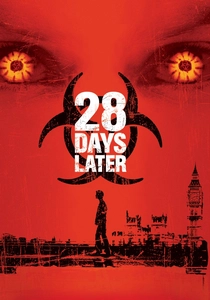
28 Days Later (2002)
Description: After a virus outbreak turns people into rage-filled zombies, a bicycle courier awakens from a coma to find London deserted. This film redefined the zombie genre with its fast-moving infected and its focus on human drama.
Fact: The film was shot on digital video to give it a raw, documentary-like feel.
 Watch Now
Watch Now
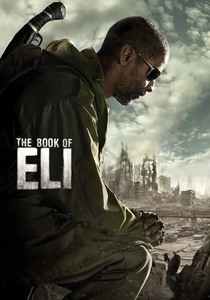
The Book of Eli (2010)
Description: In a post-apocalyptic world, a lone wanderer carries a book that holds the key to humanity's salvation. This film explores themes of faith, survival, and the power of knowledge.
Fact: The film was shot in New Mexico, and the desert landscapes add to the desolate atmosphere of the story.
 Watch Now
Watch Now
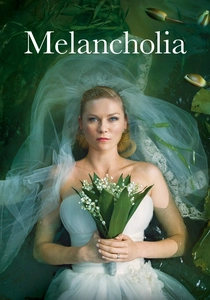
Melancholia (2011)
Description: Lars von Trier's film about a planet colliding with Earth, focusing on two sisters and their contrasting reactions to impending doom. It's a deeply emotional and visually stunning exploration of depression and the end of the world.
Fact: The film's opening sequence, featuring Wagner's "Tristan und Isolde," was shot in slow motion to give it an otherworldly feel.
 Watch Now
Watch Now
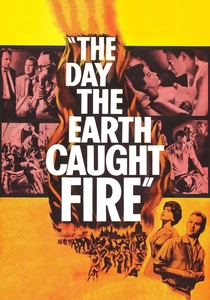
The Day the Earth Caught Fire (1961)
Description: This classic British film explores the aftermath of simultaneous nuclear tests that shift the Earth's axis, leading to catastrophic climate changes. It's a poignant look at human responsibility and survival.
Fact: The film was one of the first to use the concept of climate change as a plot device.
 30 Days Free
30 Days Free
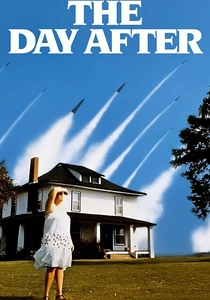
The Day After (1983)
Description: This American TV movie, which also has a British dub, shows the catastrophic effects of a nuclear war on the citizens of Kansas City and Lawrence, Kansas. Its graphic portrayal of nuclear fallout is both chilling and thought-provoking.
Fact: It was one of the most-watched television films ever, with an estimated 100 million viewers, and it influenced public opinion on nuclear disarmament.
 30 Days Free
30 Days Free
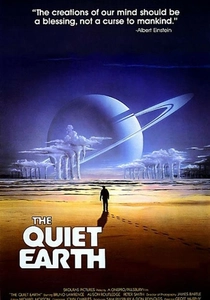
The Quiet Earth (1985)
Description: A New Zealand film where a scientist wakes up to find he might be the last man on Earth after a mysterious event. It's a meditative look at solitude, madness, and the end of civilization.
Fact: The film was inspired by a novel of the same name by Craig Harrison.
 30 Days Free
30 Days Free
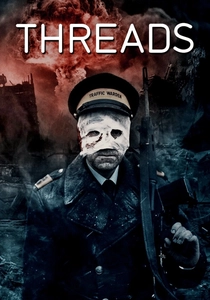
Threads (1984)
Description: This harrowing British TV film depicts the aftermath of a nuclear war in Sheffield, focusing on the lives of two families. Its unflinching realism and bleak outlook make it a standout in apocalyptic cinema.
Fact: The film was so disturbing that it was banned from broadcast in several countries, and it was used as an educational tool to show the effects of nuclear war.
 30 Days Free
30 Days Free
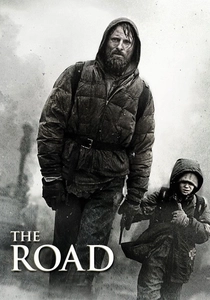
The Road (2009)
Description: Based on Cormac McCarthy's novel, this film follows a father and son traveling through a post-apocalyptic America, facing starvation, cannibals, and the harsh reality of survival.
Fact: Viggo Mortensen lost significant weight for his role to portray the physical toll of the journey.
 30 Days Free
30 Days Free

